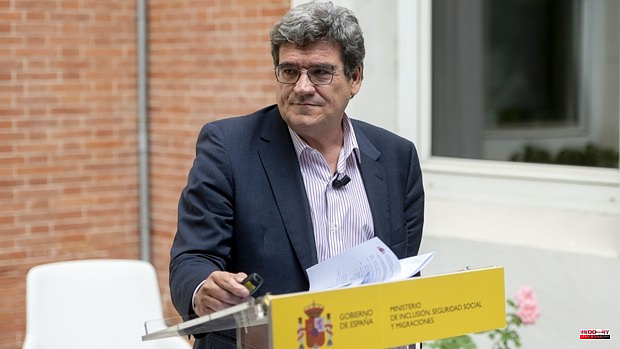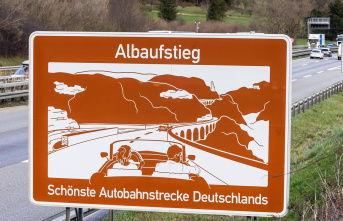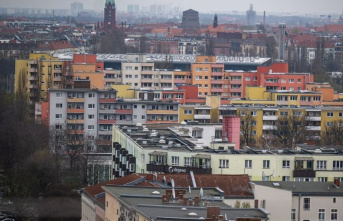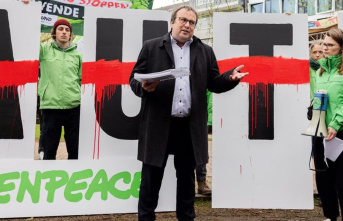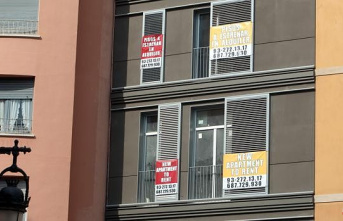The Government maintains the negotiation with the self-employed associations to seek an agreement on the new contribution system that will come into force in 2023. After the meeting held this Monday, the parties agreed on a certain rapprochement of positions with the latest proposals transferred from Social Security, although the distance persists over the different sections and contribution amounts attributed to workers.
As transmitted by the representative entities of the group, the Ministry of Inclusion, Social Security and Migration transferred a new list of quotas for workers with a small modification of the amount to be paid for the intermediate income brackets, between 1,700 and 2,300 euros.
Specifically, the Executive proposes that the self-employed with net income of between 1,700 and 1,850 euros per month pay a fee of 370 euros per month, 30 euros less than what it proposed in its previous proposal for the income bracket of 1,700 to 1,900 euros.
In the last section proposal made by the Government, on May 27, it proposed a quota of 440 euros for the section between 1,900 and 2,330 euros. Now divide this section in two: with income from 1,850 to 2,030 euros, a fee of 400 euros is proposed, and with income from 2,030 to 2,330 euros, the fee would be 440 euros.
The Ministry has also varied the minimum and maximum quotas, so that those workers who have incomes below 670 euros would pay a quota of 245 euros, 15 euros less than in the previous proposal, while those who exceed 4,050 euros per month will have a fee of 565 euros, which represents an increase of 15 euros more than the last document.
In the previous offer of the Government, the first six sections, corresponding to net returns of between 670 and 1,700 euros per month, the self-employed paid Social Security between 250 and 294 euros of monthly fee, which would mean reductions of between 52 and 65 euros compared to what they pay now on average monthly. In the remaining sections, ranging from 1,701 to 4,050 euros per month of net income or more, the self-employed had to pay Social Security a fee of between 370 and 550 euros per month.
With the changes included in the last document, the Government's proposal presents 14 sections. In those with net returns of between more than 670 and 1,700 euros per month, the self-employed would pay Social Security between 260 and 294 euros of monthly fee. In the remaining sections, which range from 2,330 to 4,050 euros per month of net income, the self-employed would have to pay Social Security a fee of between 460 and 520 euros per month.
As a source from Social Security points out to ABC, the tone of the conversations has become highly constructive in the latest meetings of the work table with the associations, which brings an agreement that "was very far away before."
In ATA, however, they maintain their rejection of the Government's proposal, considering that it is "unaffordable." "A self-employed person who earns 1,700 euros a month is going to have to pay 900 euros more in contributions per year, 26% more, this is unaffordable," questions the president of ATA, Lorenzo Amor, who recalls that to this we must add the price of electricity, energy or labor costs.
Amor points out that, in this situation, the self-employed are "so that the governments take costs away from them, not so that they are added to them", and he added that this group is not "so that they can be tripped up" with these new sections. “We are not going to validate that a self-employed worker who earns 1,700 euros will have 900 euros taken away next year from the money that goes to his house,” he warned at the end of the meeting.
The president of ATA also advanced that on Friday they will transfer their proposals and allegations to the Ministry, since they had not yet had time to study the document that Escrivá's portfolio sent them on Saturday mid-morning. Precisely the details of that document are those that the Ministry has explained this Monday to the social agents and the self-employed associations, according to sources from the portfolio directed by José Luis Escrivá. Social Security plans to convene the rest of the table "in the next few days", although they still do not have a closed date.

